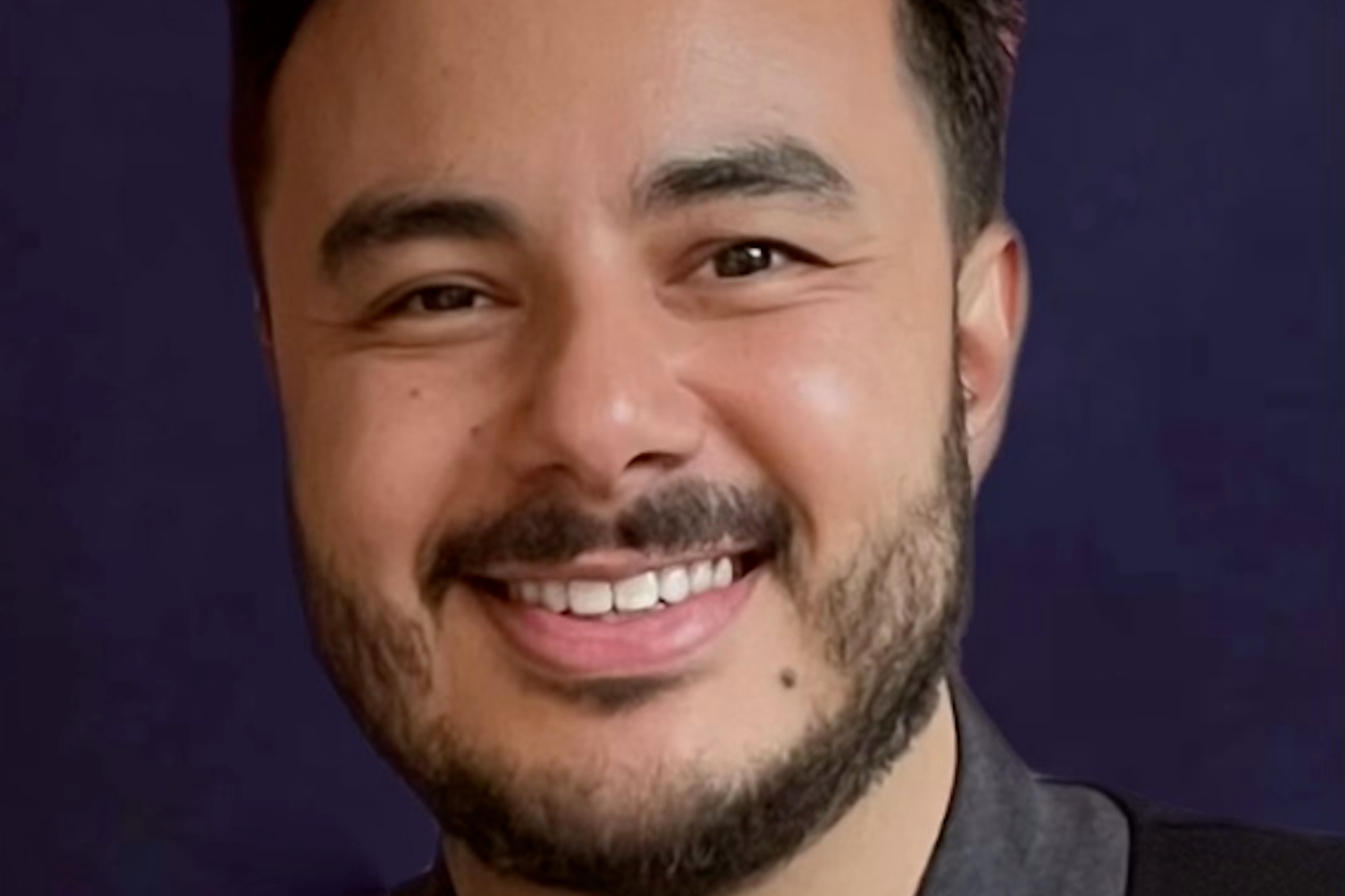5 Things Founders Need to Know About Reinventing Themselves and Their Startups How resilient founders are embracing reinvention to navigate market shifts, rediscover purpose and build ventures that stand the test of time.
By Abdul Rafay Gadit Edited by Chelsea Brown
Key Takeaways
- Build for the tough periods.
- Conviction is your greatest startup asset.
- The right "why" will carry you through any "how."
- Don't wait for the numbers to "prove" it's time to pivot.
- Reinvention doesn't mean abandoning your "why" — it means upgrading your "how."
Opinions expressed by Entrepreneur contributors are their own.
Every founder, no matter how skilled or successful, eventually hits a wall. Change will inevitably come: the market shifts, the capital dries up, your product stops resonating or you simply outgrow your original vision. When that moment comes, there is one key differentiator between those who survive and those who spiral, and that is reinvention. Reinvention is more than changing direction; it's the willingness to continually question, adapt and rebuild yourself and your business when the world changes faster than your plans.
I've had to reinvent myself more times than I can count, from traditional banking into blockchain, from smooth VC-backed launches to survival mode, and most recently, to scaling through prominent partnerships as regulatory clarity sweeps through the Web3 space.
There's nothing glamorous about pivoting, but every reinvention has taught me something I wish I'd known five years earlier. Here are five lessons that have shaped my journey, and I believe they can make a difference for other founders facing inflection points of their own.
Related: 7 Powerful Tools for Reinventing You and Your Business
Build for the tough periods
The hardest pivot of my career came in 2022. We were mid-way through a funding round for our investment platform, which was expanding into blockchain infrastructure. Term sheets were lined up, and momentum felt strong. Then the market collapsed. VC sentiment cooled, investors backed out, and the capital we were counting on vanished.
Startups around us began shutting down or retreating. We had every reason to do the same. But instead, we made perhaps the hardest decision of all: We stayed. We restructured our team, narrowed our focus and doubled down on traction over optics. It wasn't glamorous, and growth slowed, but it was the most defining moment of my career. It taught me something I've carried with me ever since: Bull markets reward hype. Bear markets reveal builders.
Conviction is your greatest startup asset
If I had to summarize my entrepreneurial journey in three words, they'd be: conviction, disruption, reinvention.
Conviction means unwavering belief in your vision, even when the outcome is uncertain and the world hasn't caught up. It's what keeps founders moving forward when there are more doubters than supporters. Conviction gets you through uncertainty. Disruption forces you to stay sharp. And reinvention? It's the cost of staying in the game. Founders often think "novel" means "unproven." But when you're building something truly original, whether a tech protocol or a belief system, people won't get it at first. If everyone could already see it, the opportunity would be gone.
When you're out ahead of the narrative, conviction is your only fuel. Use it wisely.
Related: 5 Steps to Successfully Reinvent Your Organization
The right "why" will carry you through any "how"
When we launched Zamanat, a Shariah-compliant DeFi app built on ZIGChain, I wasn't chasing a niche. I was following a deeply personal belief: Ethical finance should be available to everyone, and blockchain, at its best, is about unlocking access for all.
As someone who has used Shariah-compliant financial products myself, I saw the disconnect between traditional Islamic finance and what was being built in Web3. Most solutions were either too generic or compromised on principles. We didn't want to choose between financial innovation and faith-based values. So we built both.
Was it a market opportunity? Absolutely. Was it a personal conviction? Without question. But more than anything, it was a responsibility to create a system that didn't leave people behind.
Discerning "when" to pivot
Too often, founders wait for the numbers to "prove" it's time to pivot. But by then, it's often too late. In my experience, pivots don't start with spreadsheets, but rather with friction within the team. This can look like product decisions that feel forced, direction that takes too many meetings to align and progress that isn't enjoyable anymore. When momentum slows from lack of energy, rather than from lack of effort, that is your signal.
Many of the world's most successful companies only got there because they heeded these subtle signals and made bold changes. For example, Instagram began as Burbn, a complicated check-in and gaming app. When the founders realized adoption was stalling, they zeroed in on the only thing users truly loved: sharing photos. That pivot didn't come from hitting a numbers wall; it came from recognizing where real momentum and excitement lived. The result? Over one billion users and a multi-billion-dollar acquisition by Facebook.
By contrast, when you are still energized with deep belief in your vision, even if the world has not caught up or there isn't much traction, it's a sign you are building something that matters. Trust that signal, too.
Related: How Pivoting Saved My Business When Things Didn't Go According to Plan
Reinvention doesn't mean abandoning your "why" — it means upgrading your "how"
The biggest myth about pivots is thinking they mean failure. In reality, the smartest pivots are rooted in the same mission, just pursued through a smarter strategy, a better vehicle or a more sustainable team.
Every time I've reinvented myself, from finance to blockchain, from founder to venture builder, it's been because I returned to my original "why." But I grew bold enough to admit that the way I was doing it was not working. And that is not failure — it's evolution, and it might just be your superpower.
Startups are a game of stamina, not just speed. Reinvention isn't a detour. For most of us, it's the only way forward. If you're at a crossroads, unsure whether to pivot, pause or push ahead, know this: You don't need a new pitch deck. You need to return to your original purpose and find the best new path to deliver on it. Real builders are not afraid to reinvent, not because they failed, but because they have grown.










